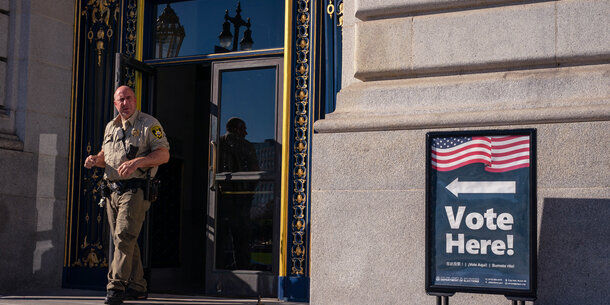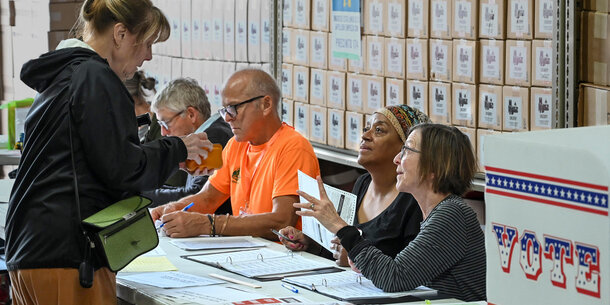Judges are increasingly being called into the election process and asked to make consequential decisions that impact voters’ rights and the security of elections under immense time pressures and scrutiny. It is more important than ever that the judges charged with resolving these disputes understand basic information about election administration, including the checks, backup plans, and layered processes that election officials deploy to keep elections secure and accurate.
A judicial election in Pennsylvania last fall provides a cautionary tale.
The voters there used touchscreen voting machines to make their selections, as many counties across the country do, and then cast printed paper ballots with a record of their votes. On this day, however, numerous voters told poll workers that the printed ballots did not match their selections, and they feared that their vote would not be counted correctly as a result. In examinations done later, officials determined that a clerical error during programming had caused the issue. But on Election Day, the most pressing issue was not who to blame, but how to guarantee that voters could cast an accurate ballot.
The county and local political parties turned to the court to help resolve the matter, launching a sequence of events that only added to the confusion. Over the course of the day, three judges issued three different orders.







